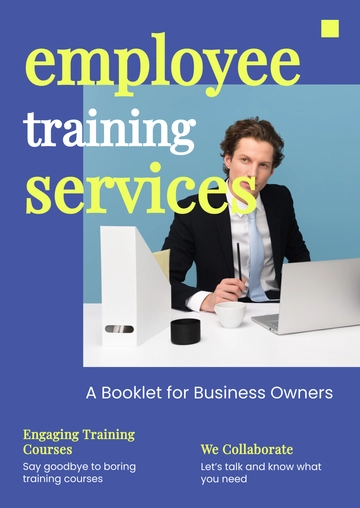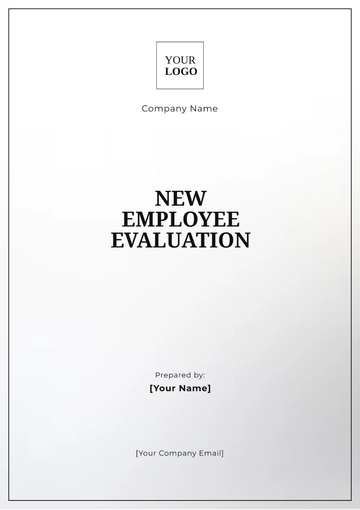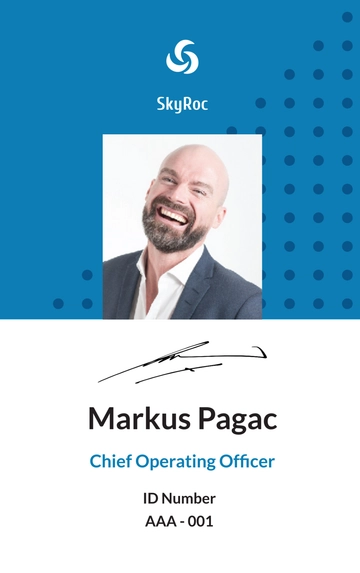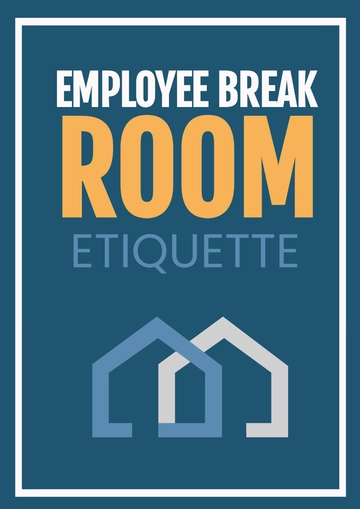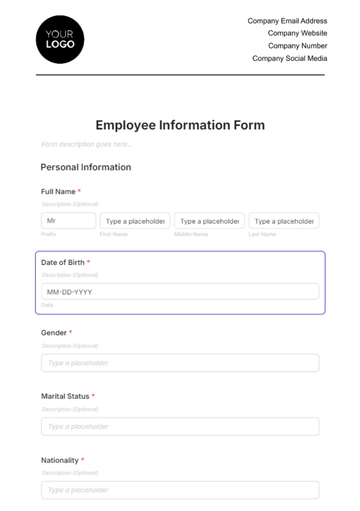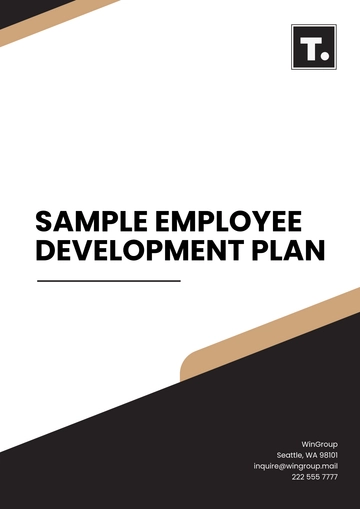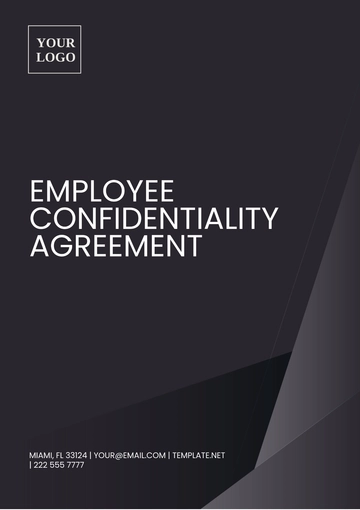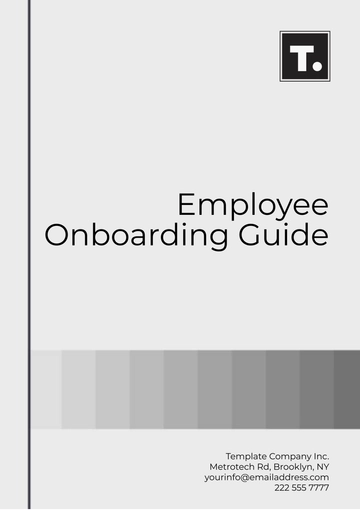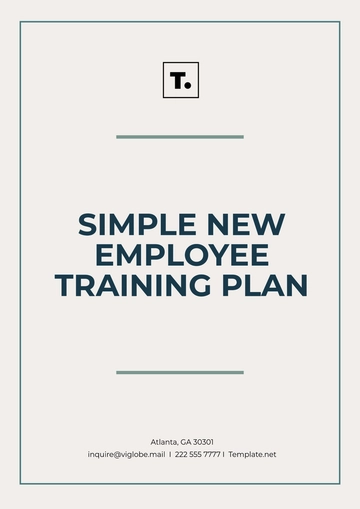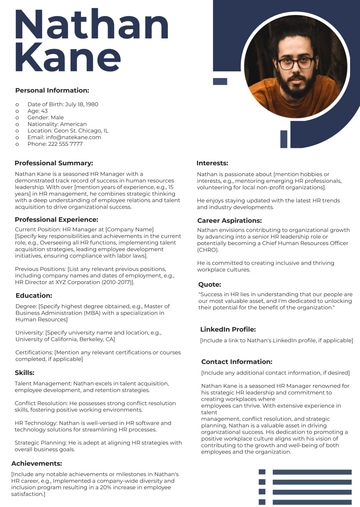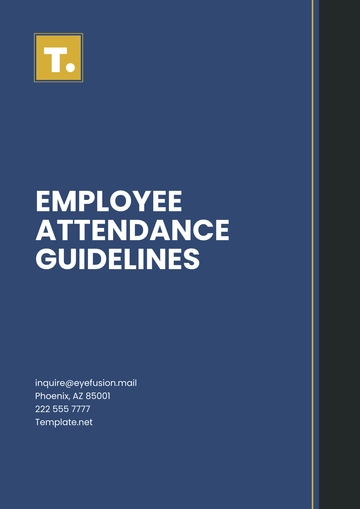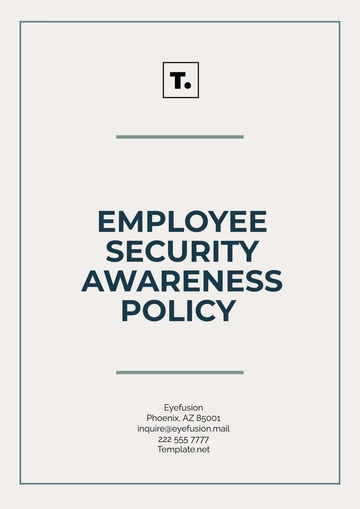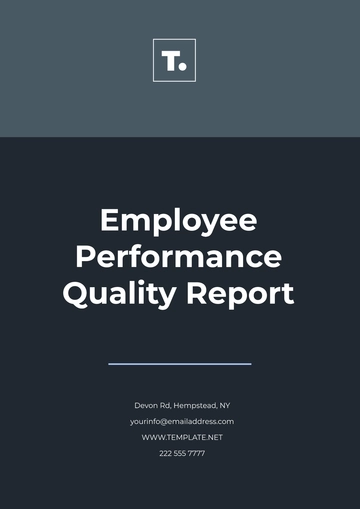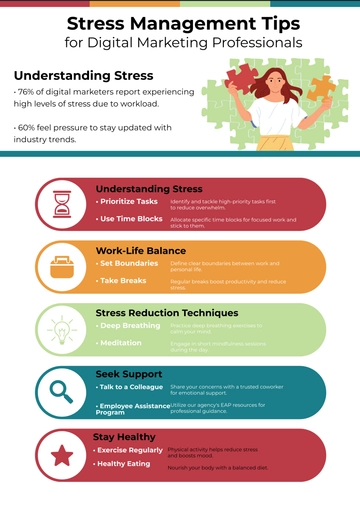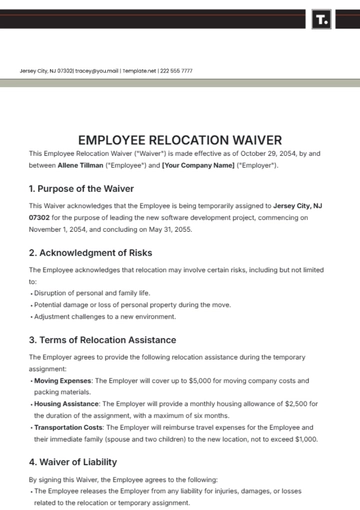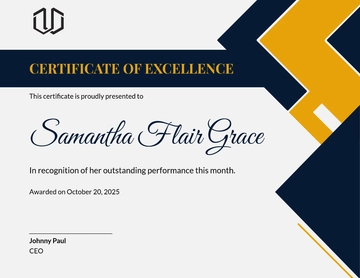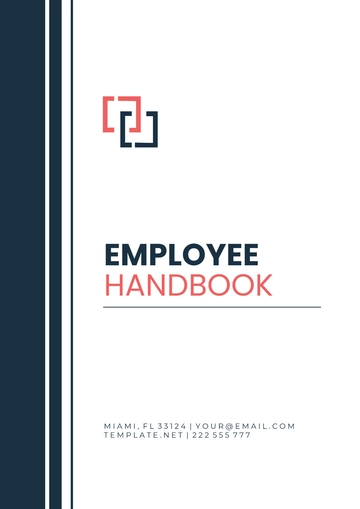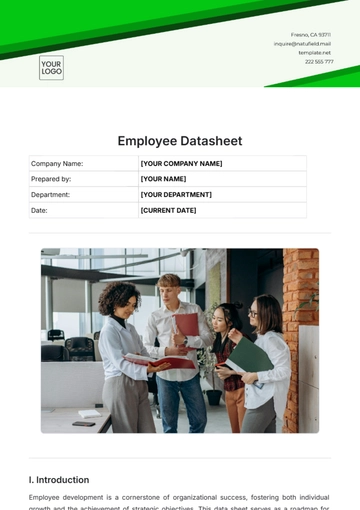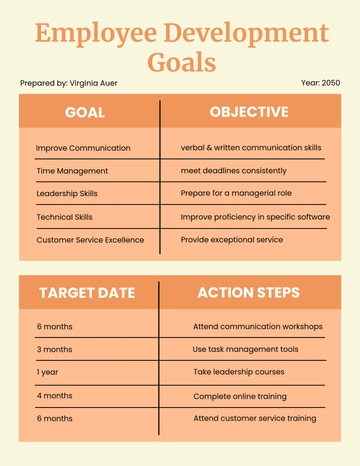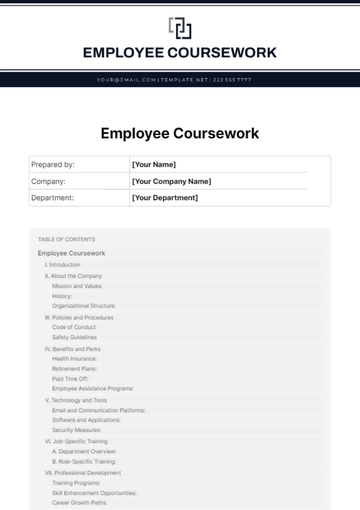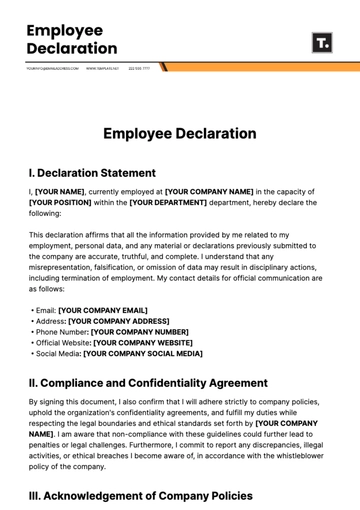Free Aesthetic Car Wash Employee Hygiene Policy
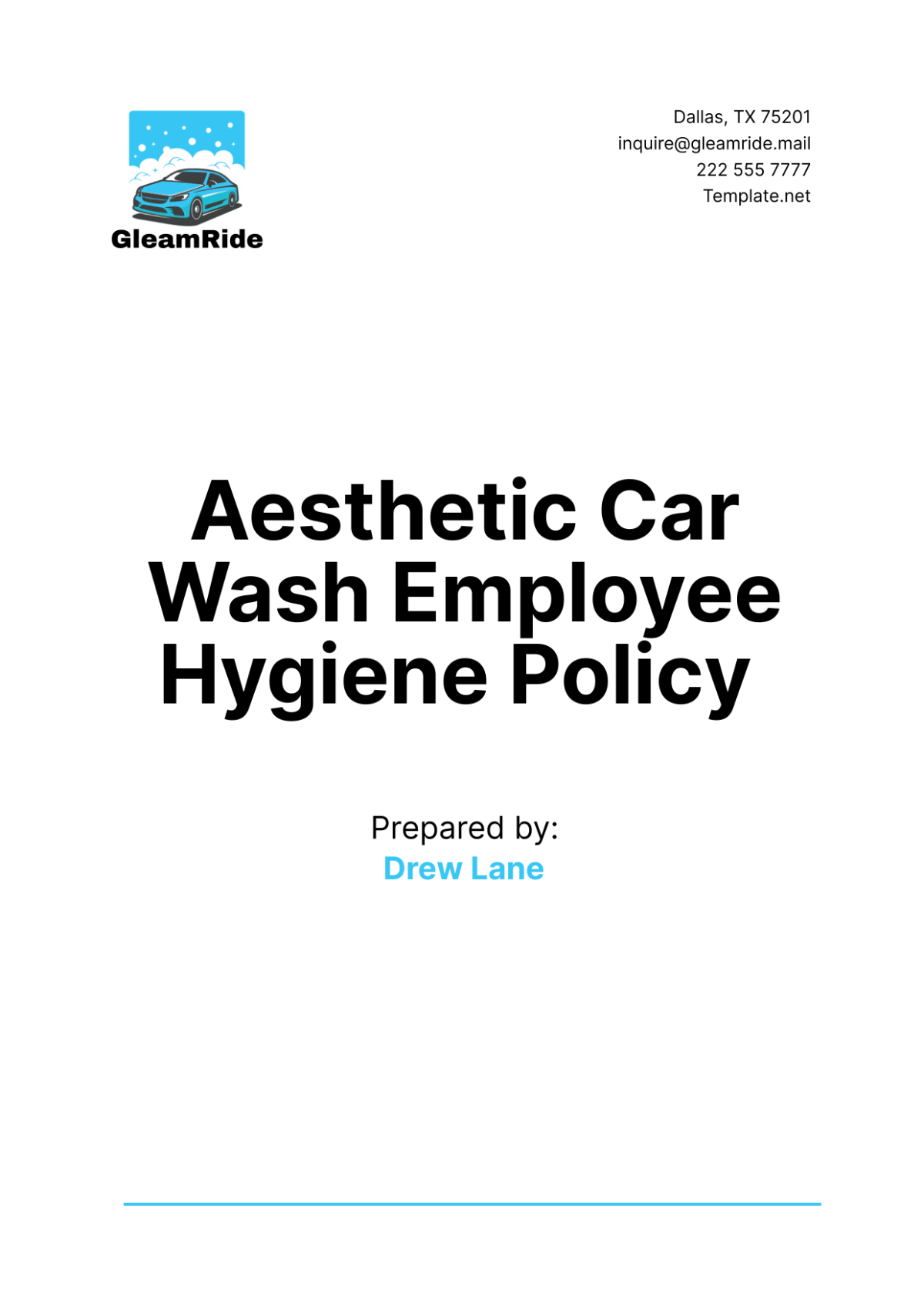
1. Introduction
1.1 Purpose
The purpose of this Employee Hygiene Policy is to establish and maintain high standards of personal cleanliness and hygiene among employees of [Your Company Name]. This policy aims to ensure a clean and safe working environment for both employees and customers, promoting the overall health and well-being of all.
A clean working environment is fundamental to delivering the high-quality service that our customers expect. By adhering to stringent hygiene standards, we can reduce the risk of infections, improve the workplace atmosphere, and enhance the reputation of our business. Personal hygiene is not only a reflection of the individual but also of [Your Company Name] as a whole. This policy is designed to create a culture of cleanliness and professionalism that will be evident to all who visit our establishment.
1.2 Scope
This policy applies to all employees of [Your Company Name], including full-time, part-time, temporary, and contract staff, who are involved in any aspect of car wash operations.
It covers every individual involved in our operations, regardless of their role or employment status. From frontline workers who directly interact with customers and handle their vehicles to administrative staff who manage our day-to-day operations, everyone is expected to adhere to these guidelines. By ensuring that all employees are included under this policy, we promote uniformity in maintaining our high standards of hygiene.
2. General Hygiene Standards
2.1 Personal Cleanliness
All employees are expected to maintain a high level of personal cleanliness. This includes:
Daily Bathing
Employees must shower or bathe daily before arriving at work. This practice helps in removing dirt, sweat, and bacteria that can accumulate on the body. A fresh start each day ensures that employees are not only ready to face their tasks but also maintain a pleasant and professional appearance.
Hand Hygiene
Employees must wash their hands frequently with soap and water, especially after using the restroom, eating, or handling cleaning chemicals. Proper hand hygiene is crucial in preventing the spread of germs and contaminants. Hand sanitizers should be available at all workstations for situations where washing facilities are not immediately accessible.
Nail Hygiene
Fingernails must be kept short, clean, and free of dirt. Artificial nails are not permitted as they can harbor bacteria and may break off during work, posing a contamination risk. Regular nail care prevents the buildup of harmful bacteria that can be transferred to customers' vehicles.
Oral Hygiene
Employees must brush their teeth twice daily and use mouthwash to maintain fresh breath. Good oral hygiene is essential in ensuring that employees feel confident and are comfortable during customer interactions, thus enhancing the overall customer service experience.
2.2 Clothing and Uniforms
Uniforms
Employees are required to wear clean, company-provided uniforms at all times. Uniforms should be laundered regularly to ensure cleanliness. A neat and clean uniform reflects the professionalism and high standards of [Your Company Name]. It also helps in creating a unified team appearance.
Footwear
Employees must wear closed-toe, non-slip shoes to prevent injuries and maintain a professional appearance. Proper footwear is essential for safety, especially in a work environment that can become wet and slippery. Non-slip shoes help in preventing accidents and maintaining a professional demeanor.
Hair Restraints
Employees with long hair must tie it back or use hairnets to prevent hair from coming into contact with cleaning equipment or vehicles. Hair restraints are crucial in maintaining cleanliness and ensuring that hair does not interfere with the work process or pose a hygiene risk.
2.3 Personal Protective Equipment (PPE)
Gloves
Employees must wear disposable gloves when handling cleaning chemicals or performing interior detailing. Gloves should be changed frequently to maintain hygiene. Gloves protect employees from exposure to potentially harmful chemicals and prevent the transfer of contaminants to vehicles.
Masks
Masks may be required in certain situations to prevent the inhalation of fumes from cleaning chemicals. Using masks helps protect respiratory health and ensures that employees are not exposed to harmful airborne substances.
Safety Glasses
Safety glasses must be worn when performing tasks that could result in splashes or the projection of particles into the eyes. Eye protection is essential to prevent injuries and ensure that employees can work safely and efficiently.
3. Work Area Cleanliness
3.1 Cleaning and Disinfection
Daily Cleaning
All work areas, including car wash bays, waiting areas, and restrooms, must be cleaned and disinfected at the beginning and end of each shift. This routine ensures that all areas remain sanitary and free from contaminants, providing a safe environment for both employees and customers.
Equipment Cleaning
All tools and equipment must be cleaned and sanitized after each use to prevent cross-contamination. Regular cleaning of equipment not only ensures operational efficiency but also helps in maintaining high hygiene standards.
Waste Disposal
Trash bins must be emptied regularly, and waste must be disposed of in accordance with local regulations. Proper waste management is crucial in preventing the spread of bacteria and maintaining a clean working environment. Recycling protocols should also be followed where applicable.
3.2 Chemical Handling
Storage
Cleaning chemicals must be stored in labeled, closed containers in a designated storage area. Proper storage prevents accidental spills and exposure to harmful substances, ensuring a safe workplace.
Usage
Employees must follow the manufacturer’s instructions for the safe use of cleaning chemicals. Adhering to these guidelines ensures that chemicals are used effectively and safely, minimizing the risk of harm.
Spill Management
Any spills must be cleaned up immediately using appropriate spill containment and cleanup procedures. Prompt response to spills prevents accidents and maintains a safe working environment.
4. Employee Health
4.1 Illness and Sick Leave
Reporting Illness
Employees who are sick or experiencing symptoms of illness must report to their supervisor and are advised to stay home to prevent the spread of illness. Immediate reporting helps in managing potential health risks within the workplace.
Return to Work
Employees who have been ill must be symptom-free for at least 24 hours before returning to work. This practice ensures that employees do not return to work while still contagious, protecting the health of others.
Medical Certification
A doctor’s note may be required to confirm fitness to return to work after a prolonged illness. Medical certification provides assurance that the employee is healthy and fit to resume their duties.
4.2 Injury and First Aid
Reporting Injuries
All workplace injuries must be reported to a supervisor immediately. Prompt reporting ensures that the injured employee receives timely medical attention and that the incident is documented for further review.
First Aid
Basic first aid supplies are available on-site. Employees trained in first aid should administer assistance as needed. First aid training for staff members ensures that minor injuries can be treated promptly, reducing the risk of complications.
Emergency Procedures
Employees must be familiar with emergency procedures, including the location of first aid kits and emergency contact numbers. Knowledge of emergency protocols ensures a quick and efficient response in the event of an accident or health emergency.
5. Training and Compliance
5.1 Employee Training
Initial Training
All new employees will receive training on this hygiene policy during their orientation. This initial training ensures that all employees are aware of the hygiene standards from the outset and understand their importance.
Ongoing Training
Regular training sessions will be conducted to reinforce hygiene standards and update employees on any changes to the policy. Ongoing training helps in maintaining high standards and addressing any emerging hygiene issues.
Documentation
Attendance at training sessions will be documented, and employees may be required to pass a quiz to demonstrate understanding of the policy. Documentation ensures accountability and helps in tracking the effectiveness of the training program.
5.2 Monitoring and Enforcement
Inspections
Supervisors will conduct regular inspections to ensure compliance with this policy. Inspections help in identifying areas for improvement and ensuring that hygiene standards are consistently met.
Non-Compliance
Employees found to be in violation of this policy will be subject to disciplinary action, which may include retraining, warnings, or termination of employment. Clear consequences for non-compliance ensure that employees take the policy seriously.
Feedback
Employees are encouraged to provide feedback on hygiene practices and suggest improvements. Engaging employees in the policy helps in identifying practical solutions and fostering a culture of continuous improvement.
6. Policy Review and Updates
6.1 Review Process
This policy will be reviewed annually to ensure it remains current and effective. The review process will involve feedback from employees, supervisors, and management. Regular review ensures that the policy evolves with changing needs and standards.
6.2 Updates
Any updates to this policy will be communicated to all employees in a timely manner. Employees will be required to acknowledge receipt and understanding of any changes. Clear communication of updates ensures that all employees are aware of the latest standards and practices.
7. Acknowledgment
Employees are required to sign an acknowledgment form confirming they have read, understood, and agree to comply with the Employee Hygiene Policy. This form will be kept in the employee’s personnel file.
[Your Company Name]
[Your Name]
[Your Title]
[Date]
Employee Acknowledgment
I, [Employee Name], have read and understood the Employee Hygiene Policy of [Your Company Name]. I agree to comply with the standards and procedures outlined in this policy.
Employee Signature:
![]()
[Date]
Supervisor Signature:

[Date]
- 100% Customizable, free editor
- Access 1 Million+ Templates, photo’s & graphics
- Download or share as a template
- Click and replace photos, graphics, text, backgrounds
- Resize, crop, AI write & more
- Access advanced editor
Implement rigorous standards with Template.net’s Aesthetic Car Wash Employee Hygiene Policy Template. This document is tailored to enhance the professionalism of your operations, fully editable and customizable with our AI editor. Ideal for ensuring that employees adhere to the highest hygiene standards, maintaining the aesthetic appeal and health safety of your car wash business.
You may also like
- Employee Letter
- Employee ID Card
- Employee Checklist
- Employee Certificate
- Employee Report
- Employee Training Checklist
- Employee Agreement
- Employee Contract
- Employee Training Plan
- Employee Incident Report
- Employee Survey
- Employee of the Month Certificate
- Employee Development Plan
- Employee Action Plan
- Employee Roadmap
- Employee Poster
- Employee Form
- Employee Engagement Survey
